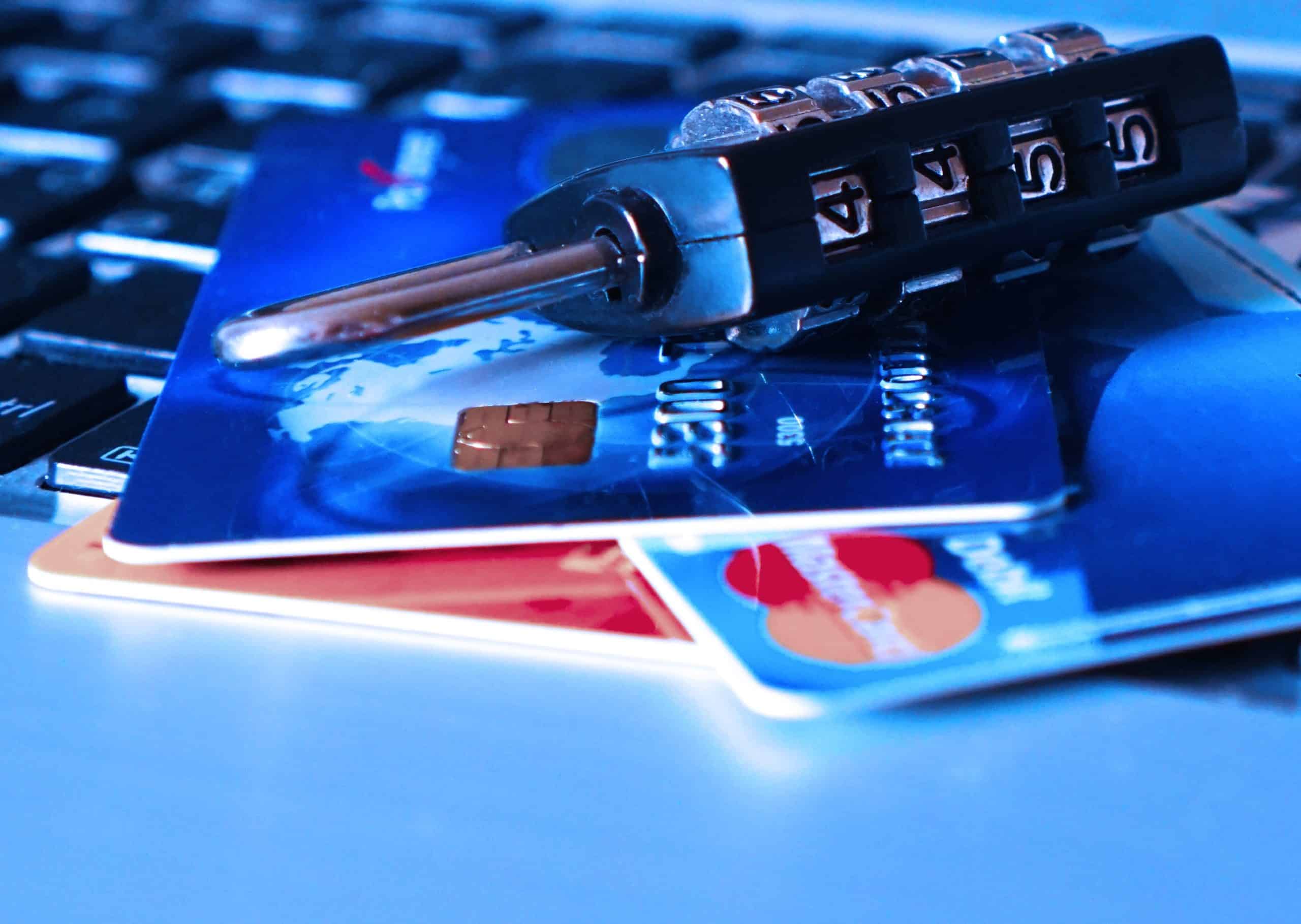Out of all the transactions you accept as a merchant, chances are that the vast majority will be honest and uncomplicated. You may run into a few declined cards
and see the occasional charge back, but fraud isn’t common at all. However, while fraud is rare, it still happens.
As a merchant, you can only do so much, but you have an obligation to do what you can to detect fraud when it happens. What you should do depends on how you’re processing credit cards:
Card Not Present
Generally speaking, you shouldn’t accept an in-person purchase without a card, but you can accept payments over the phone or online. When you do so, you should ask for as much card information as possible. That means getting the card number, the expiration date, the CVV or AVS listed on the back, and the card holder’s name as listed on the card.
You should also make sure you get the card holder’s permission if the person on the line is someone else. That can mean separate phone calls or emails. And just to be sure, send your bill to the card’s billing address and not just the shipping address.
Magnetic Stripe Card
Magnetic stripes are quickly going out of style, but you should know how to handle them just in case. In the first place, there are some things you should do whether you use the magnetic stripe or a chip.
- If you need a signature, compare it to the one on the back of the card and reject any card without a signature.
- Make sure the embossed numbers on the front match the indented numbers on the back.
- Check the expiration date and don’t be thrown by a “valid from” date.
- For large purchases in particular, follow up with a phone call or an email to the card holder to confirm the purchase.
Microchip Cards
Handling a chip card is fairly easy since the customers should be doing everything from inserting the card to typing out their PINs or writing their signatures. One thing to remember is that the card should stay in the reader until the transaction ends. If the customer needs a PIN but can’t remember it, ask for another form of payment.
If the chip and the stripe both fail, you can always type in (or key enter) the card’s information. However, you should be more careful than you would for a normal transaction, because key entering is less secure. If there is fraud, liability will fall on the party that couldn’t use microchip technology, which could be you or the customer.
With so many honest transactions every day, it can be easy to forget about merchant processing best practices. However, you shouldn’t take honesty for granted, so remember to do your part to avoid credit card fraud.





